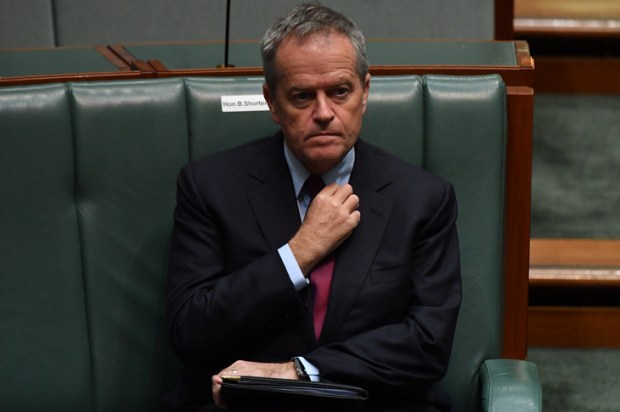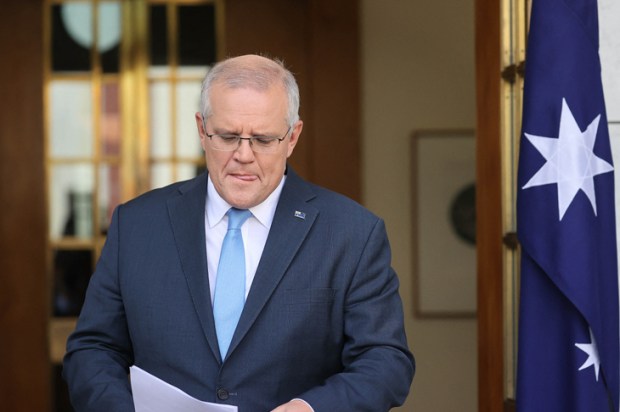It had to happen eventually I suppose. An expert group (advising the National Health and Medical Research Council) has decreed that Australia’s official nutritional guidelines must detail the carbon dioxide footprint of each food group they cover. The implication is clear. When we reflect on our dietary habits, we need to consider not only our own health and wellbeing, but the impact of what we consume on the earth’s atmosphere and weather patterns.
Already a subscriber? Log in
Subscribe for just $2 a week
Try a month of The Spectator Australia absolutely free and without commitment. Not only that but – if you choose to continue – you’ll pay just $2 a week for your first year.
- Unlimited access to spectator.com.au and app
- The weekly edition on the Spectator Australia app
- Spectator podcasts and newsletters
- Full access to spectator.co.uk
Or
Unlock this article
You might disagree with half of it, but you’ll enjoy reading all of it. Try your first month for free, then just $2 a week for the remainder of your first year.














Comments
Don't miss out
Join the conversation with other Spectator Australia readers. Subscribe to leave a comment.
SUBSCRIBEAlready a subscriber? Log in